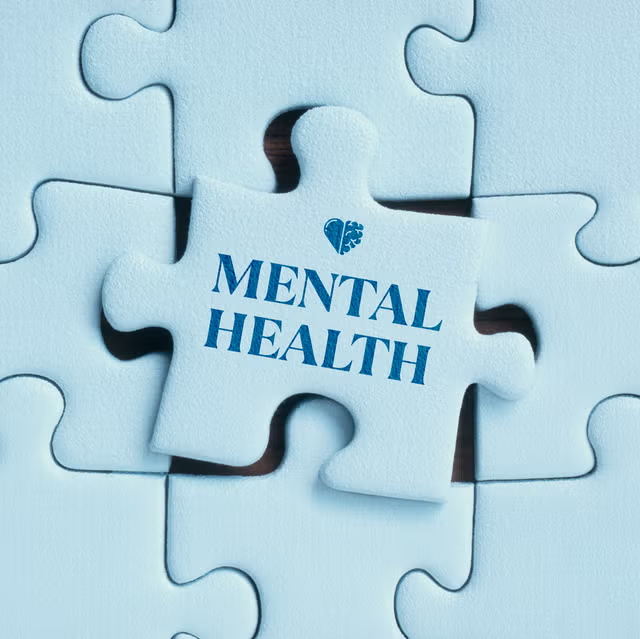Therapy Options for Mental Health Challenges
A psychiatrist, a medical doctor who specializes in mental health, diagnoses and treats complex mental health conditions. They are qualified to provide a range of therapies, including psychotherapy and medication management, and they can develop a personalized plan after a thorough evaluation. Exploring different treatment modalities may provide a clearer path forward for individuals seeking support. Here are some approaches to therapy for mental health challenges:
Ketamine Therapy
Ketamine therapy is a treatment option specialists administer under medical supervision for certain mental health conditions. This therapy involves the use of ketamine, which is an anesthetic, and it is given at a low dose in a clinical setting. While the mechanisms vary, ketamine works differently from traditional antidepressants. The administration of this treatment can vary, with intravenous (IV) infusions and a nasal spray formulation being two standard methods. Some individuals may be directed to use a specific form, such as:
- An esketamine nasal spray.
- IV infusions in a series of sessions.
- Other delivery methods.
Healthcare professionals closely monitor the process, so patient safety is maintained throughout the administration.
TMS Therapy
Transcranial magnetic stimulation (TMS) is a non-invasive procedure involving magnetic fields that stimulate nerve cells in the brain. It is typically performed in an outpatient setting without the need for anesthesia. A TMS session involves placing an electromagnetic coil against the scalp near the forehead, and this coil delivers magnetic pulses that painlessly pass through the skull. The procedure targets specific brain regions that are involved in mood regulation.
A typical course of TMS therapy involves sessions that medical professionals schedule several times a week for a period of several weeks. They determine the duration of the treatment course based on the individual’s specific circumstances. Each session lasts for a set amount of time, during which the person is awake and alert. Patients can typically return to their daily activities immediately after a treatment session.
The process for TMS begins with an initial mapping session, where a psychiatrist can determine the optimal location for placing the coil and the right amount of magnetic energy. This customization helps direct the treatment to the most effective area for each person. Subsequent sessions will use these precise measurements, so the treatment is consistent throughout the course.
Medication Plans
A psychiatrist may develop a medication plan tailored to an individual’s specific diagnosis and needs. These plans may involve prescription medications intended to manage symptoms associated with various mental health conditions. Medications work in different ways to affect brain chemistry, and finding an appropriate medication sometimes requires a period of adjustment. A psychiatrist will select a medication after a comprehensive evaluation that includes a review of medical history and current symptoms.
Following the initial prescription, ongoing management is a standard part of the process. This involves follow-up appointments to monitor the medication’s effects and make any necessary adjustments to the dosage or type of medication. Open communication between the patient and the psychiatrist facilitates this process, allowing for changes to be made in response to the individual’s experience. They can combine medication plans with other forms of therapy, which a medical professional can coordinate.
Schedule a Psychiatrist Visit
Explore treatment options with a qualified professional who can provide guidance tailored to your unique situation. A comprehensive psychiatric evaluation is the foundation for creating a structured plan. Schedule an appointment with a psychiatrist today to understand your options and receive a professional assessment.







